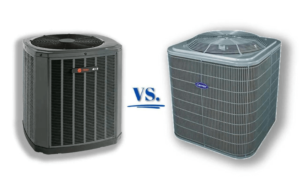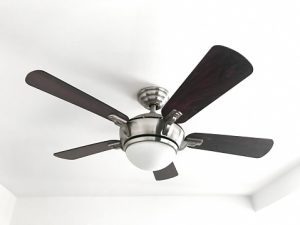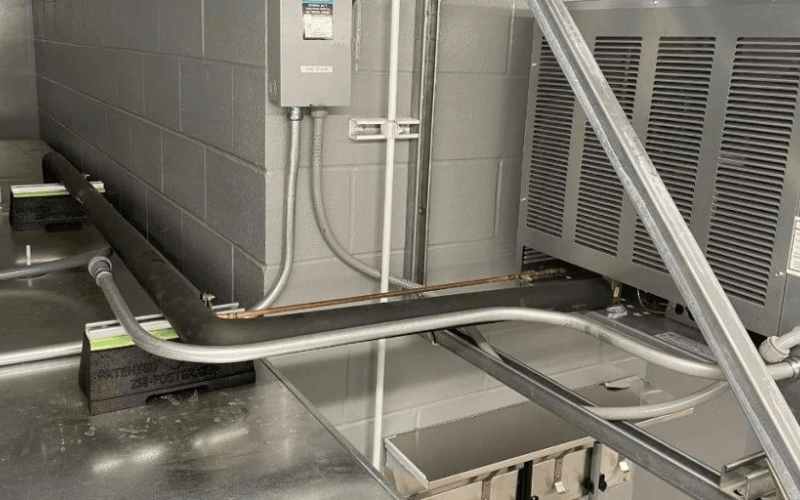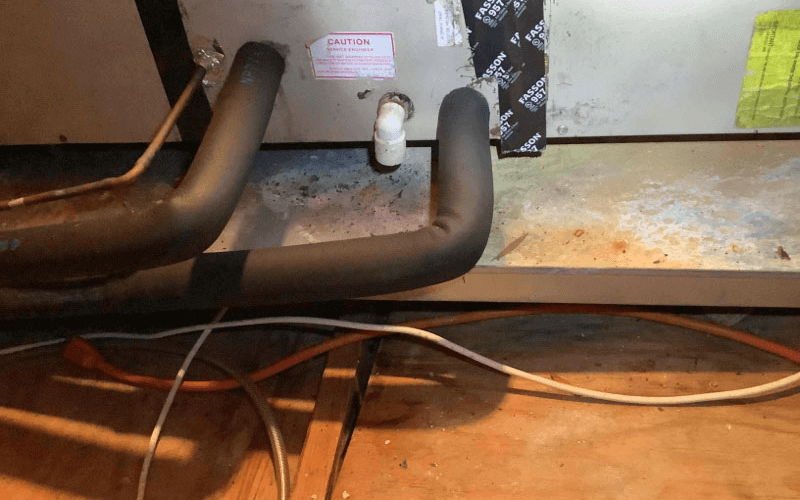It is not easy to find heating options. There are numerous options available. However, installing a propane gas heater could be an option. This is one of the best garage heating systems. However, if you’re wondering if he needs to vent his garage heater, you’ve come to the right place.
As with most heating options, good ventilation is required for the best results. Propane Gas Heaters require oxygen to function. So you share the oxygen you consume in the garage. Inadequate ventilation also increases the risk of carbon monoxide poisoning.
Table of Contents
ToggleAs a result, you must ensure that your system is adequately ventilated. There’s a lot more to know about propane gas heaters.
Also check: 5 Best Heaters For Car Camping
Is it possible to run in a garage that is closed?
This is critical information for your safety. Continue reading if you want to learn more. What is the operation of a propane Gas Heater? Before understanding why ventilation is essential, you must first understand how a propane heater goes through. You will learn about the risks of using it this way.
Let’s get started if you’re curious about the gases that can be produced as by-products!
Fuel A propane heater, as the name implies, uses propane as fuel to heat your home. It is normally gaseous, but it is compressed into a liquid for use in heaters. Furthermore, propane does not work on its own. Other compounds used in propane heaters include propylene and butane. However, propane is the primary fuel used.
Ignitor: You must have a means of starting a fire. A piezoelectric igniter is used in propane heaters to accomplish this. Materials that can generate an electric potential are used to ignite the flame. Then, using a spring-loaded hammer, strike it to create a spark. This is where the fire starts.
Distribution of Heat: Simple ignition, of course, does not provide efficient heating. As a result, an element is required to dissipate the propane heat efficiently. As a result, porcelain is used to accomplish this.
Security : There is no need to specify how a propane heater works. I have, however, gained a basic understanding of how propane gas heaters operate. This is where safety concerns about how the flame is ignited arise.
As some have suggested, carbon monoxide is a byproduct of incomplete combustion. Carbon monoxide poisoning is a risk in enclosed spaces. As a result, when using a propane gas heater in your garage, you should be mindful of its intended use.
Some propane heaters can be used indoors. Others cannot be accepted for the reasons stated above. Aside from the dangers of carbon monoxide, propane can leak out and settle on the floor. If enough sediment accumulates, there is a risk of fire or an explosion in the worst-case scenario.
Propane garage heaters require proper ventilation now that you know the dangers that propane heaters can pose. If a propane leak occurs, the heater should be turned off immediately. To allow gas to escape, all doors and windows can be opened.
Can I use a propane heater in my garage?
Do not use a propane gas heater in an enclosed garage for safety reasons. In an emergency, ventilation is required. Never leave it unattended if it must be used in a secure garage. It is also dependent on the type of propane heater you have. If enough sediment accumulates, there is a risk of fire or an explosion in the worst-case scenario.
Propane garage heaters require proper ventilation now that you know the dangers that propane heaters can pose. If a propane leak occurs, the heater should be turned off immediately. To allow gas to escape, all doors and windows can be opened.
Can I use a propane heater in my garage?
Do not use a propane gas heater in an enclosed garage for safety reasons. In an emergency, ventilation is required. Never leave it unattended if it must be used in a secure garage. It is also dependent on the type of propane heater you have. It should face the section of the garage that requires the most heating. It should be adequate for the ventilation of an indoor heater. Allow some fresh air in by opening the window slightly.
What Kind of Ventilation Do Garage Propane Heaters Require?
You might want to delve into the specifics now that you’ve learned about the dangers of inadequate ventilation. That’s understandable. Propane heaters have a low oxygen sensor, but you may notice the effects of low oxygen levels before you notice the sensor. Physical symptoms such as rapid breathing, clumsiness, and increased heart rate are possible.
Next, you must understand how to store your propane heater safely and effectively. The indoor propane heater has a low oxygen sensor, overheat protection, and an automatic shutoff if it tips over.
Some experts advise positioning heaters near windows or other sources of ventilation. In addition, keep the heater on a flat surface away from combustible materials. It should face the section of the garage that requires the most heating. It should be adequate for the ventilation of an indoor heater. Allow some fresh air in by opening the window slightly.
Also check: Do Natural Gas Furnaces Have A Pilot Light?
How Much Ventilation Is Required for a Garage Propane Heater?
You might want to delve into the details now that you’ve learned about the dangers of inadequate ventilation.
Propane heaters have hypoxic sensors, but you may notice the effects of low oxygen levels before you notice the sensor.
Working with heat may cause you to be unaware that the room is deficient in oxygen until it is too late. That is where the problem arises. How much ventilation do you require in your garage?
Enough Breathing Space
The size of your garage determines the answer. As some have suggested, the general rule of good ventilation is to get plenty of fresh air. We understand that the answer may be incomplete. Finally, getting enough fresh air is not a specific solution. Because it is impossible to track how much air you breathe, answering this question is difficult. Don’t be concerned about the attached propane gas heater. They are ventilated to allow carbon monoxide to escape.
Furthermore, the heater houses all propane operations. The primary ventilation for a non-vented portable propane heater is through an open window or door. As a result, the best answer is that the more heat you require in your garage, the more ventilation you need. Other online descriptions lead me to believe that larger rooms require several open windows and doors.
Ensure Your Security
Regardless, it can be difficult to tell if your heater is getting enough air. This is why you need a carbon monoxide detector in your garage. It is also necessary to check the heating system’s operation.
A yellow flame indicates that the burner is not functioning correctly. As a result, it emits more carbon monoxide than it should. Nonetheless, some commenters warn of carbon monoxide poisoning.
Be cautious when using heaters. Before using a propane heater in your garage, consult your owner’s manual for the best results. If that doesn’t work, contact a propane gas expert in your area.
Know This Before Installing A Propane Garage Heater!
A propane gas heater is inexpensive and efficient for heating your garage. However, as with most heating solutions, there are some safety concerns to be aware of.
This way, you can avoid catastrophic accidents. I hope the information above is helpful to you.





















